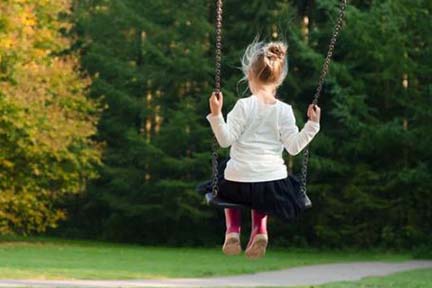Press Release FOR IMMEDIATE RELEASE: Jan. 14, 2025 CONTACT: Erin Stover 517-285-6270 stovere@michigan.gov MDHHS provides update on latest MISEP report, highlighting progress made in protecting children in the department’s care LANSING, Mich. – Today, the Michigan Department of Health and Human Services (MDHHS) appeared before Judge Nancy G. Edmunds of the U.S. District Court for the Eastern District of Michigan to provide an update on improvements the department continues to make to Michigan’s child welfare system, as part of the Modified Implementation, Sustainability and Exit Plan (MISEP). During the court conference, Judge Edmunds determined that MDHHS has met or exceeded the required performance standards in five of the areas monitored for compliance during the reporting period of July 1, 2023 to December 31, 2023, moving these areas closer to the removal of court oversight. Additionally, Judge Edmunds applauded MDHHS and the federal court monitors on the progress made and stated that she is hopeful that with continued effort, MDHHS will move closer to exiting court oversight. “Ensuring that all Michigan children have a safe and loving place to call home is a top priority at MDHHS. I’m proud of the work and positive impact our team continues to make for families and children,” said MDHHS Director Elizabeth Hertel. “This court conference allows us to discuss the innovative strategies we have identified and implemented to enhance our operations, including the Keep Kids Safe Action Agenda which includes protocols and policies to improve the safety and well-being of Michigan children.” The latest report shows that MDHHS met or exceeded required performance standards in five of 26 areas monitored and were within 10% of meeting or exceeding the standard in four additional areas. Key areas of progress include:
Federal court monitors have been tracking progress since a 2008 settlement agreement following a 2006 lawsuit filed against the former Michigan Department of Human Services by Children’s Rights. In 2019, the court approved the Michigan Implementation, Sustainability and Exit Plan. In January 2024, many requirements in the settlement agreement were eliminated with a stipulated order signed by Judge Edmunds because of the significant and sustained progress made by MDHHS in numerous areas. “Progress can be a long road, especially when it comes to child welfare, but it’s encouraging to see leaders recognize both the strides made and our plans to address the work that still lies ahead,” said Demetrius Starling, senior deputy director of the MDHHS Children’s Services Administration. “Continuous improvement is key to ensuring better safety and outcomes for kids.” To view the latest federal court monitor report and other information, visit www.michigan.gov/ |


